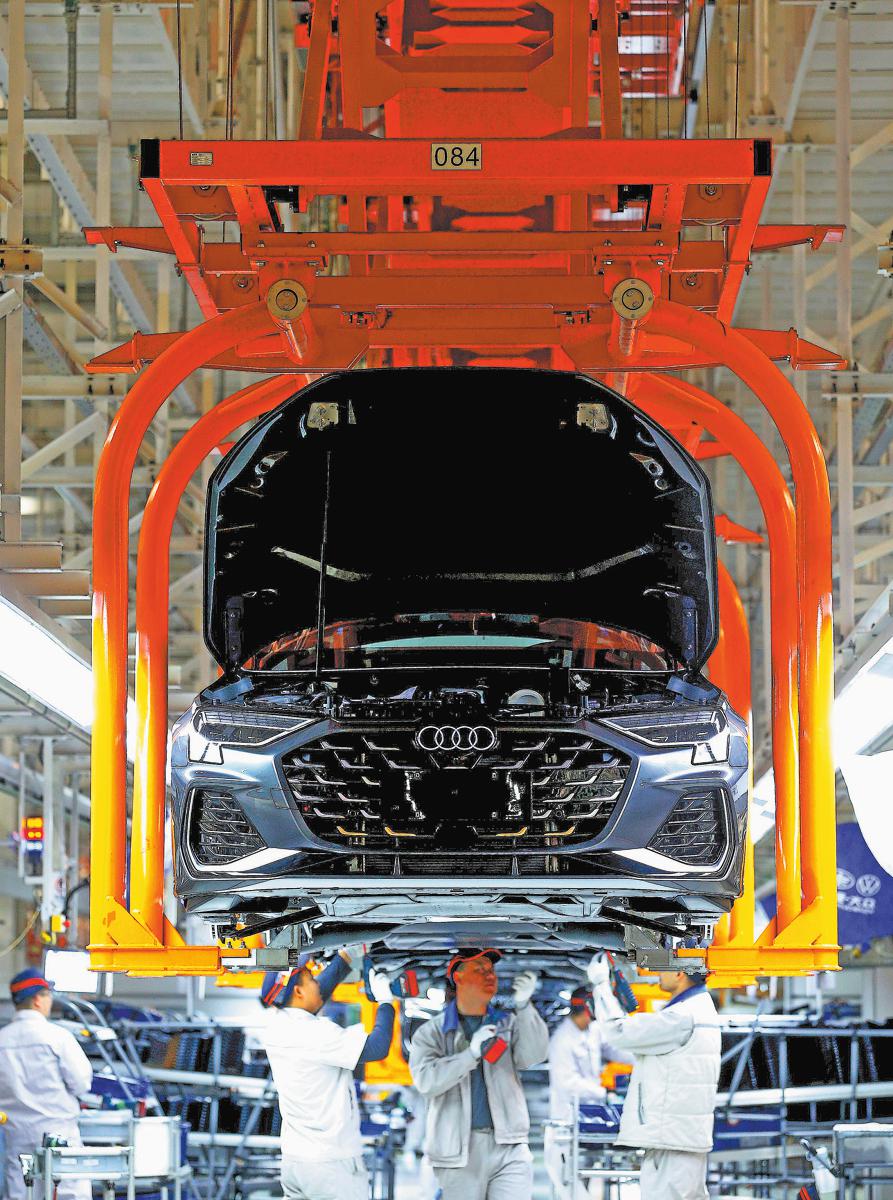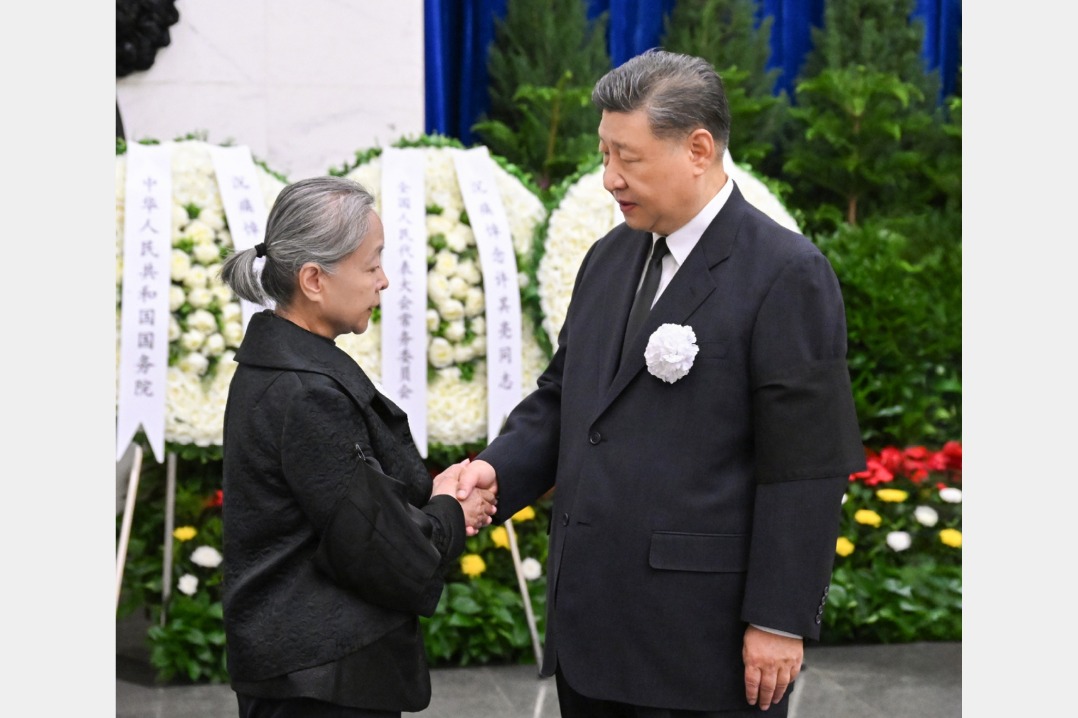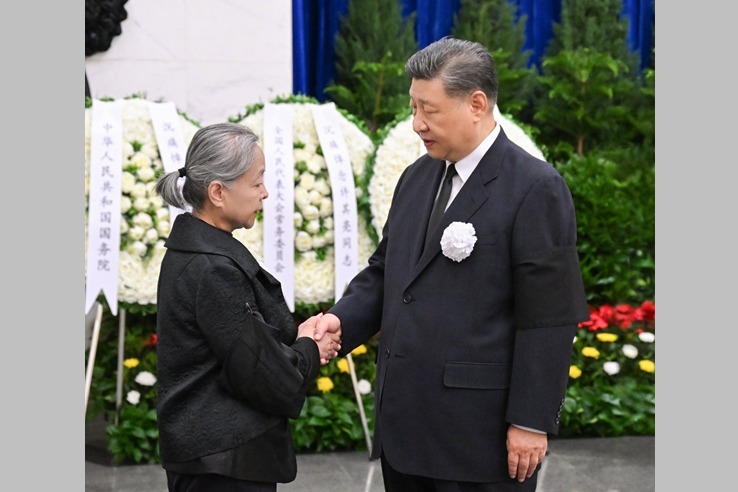Global auto giants look to China for future vision
Once solely a growing market, domestic innovation has turned the car industry on its head


Strategic rethink
In recent years, Volkswagen has come to realize that developing cars in Europe and bringing them into China no longer works, as local rivals are coming up with completely new products at a super fast speed and car buyers are young and tech-savvy.
Ralf Brandstaetter, CEO of Volkswagen Group China, expressed those ideas in late 2023 in Hefei, capital of East China's Anhui province, where the German company has built an R&D facility dedicated to smart new energy vehicles (NEVs).
With an investment of 1 billion euros ($1.09 billion), Volkswagen China Technology Company is the carmaker's largest development center outside Germany. The center is creating an electric vehicle (EV) platform specifically for the Chinese market and to meet the demands of Chinese customers, The first model is scheduled to roll out in 2026.
"We will bring the platform to market maturity in just 36 months. This means that we are reducing the development time by around a third," Brandstaetter said.
One key driver of efficiency is greater involvement of local suppliers. Volkswagen said around 1,100 Chinese suppliers are involved, and the localization rate will gradually be increased to 100 percent.
Volkswagen calls it the second wave of "localization" in the country. In the first wave, the company purchased components from international suppliers' plants in China, which nevertheless required going back and forth with the automaker's headquarters in Germany, a company executive explained.
But now, Volkswagen sources components directly from Chinese companies and involves them in the early stages of development, which saves time and improves integration.
This year's Auto Shanghai show saw several new Volkswagen models — including the ID. AURA, the ID.ERA and the ID. EVO — on display that offered a glimpse into the company's electric vehicle-focused future.
Starting from 2026, over 20 state-of-the-art NEVs will be launched, including battery electric vehicles, plug-in hybrid electric vehicles and extended-range electric vehicles, to suit differing customer demands in China, said the carmaker.
More importantly, these models are not engineered in Germany, but developed with "Chinese solutions", making them more appealing to local customers.
The carmaker launched its "in China for China" strategy in 2023. "For us, 'in China, for China' is not just a slogan — it's our execution mode," Brandstaetter told China Daily at the auto show.
Despite Volkswagen's renewed confidence, the challenges ahead remain formidable and Brandstaetter is acutely aware of the realities, especially the fierce competition faced from Chinese automakers.
While the new generation of Volkswagen models tailored for the Chinese market is just around the corner, Brandstaetter remains cautious. "We are confident, but I think the competition is tough here in China, and this will be an ongoing challenge in the coming year," he said.























